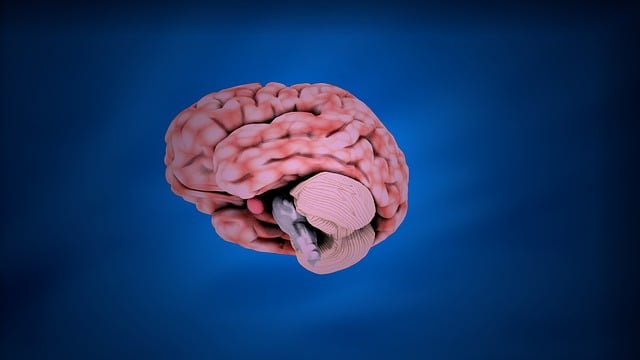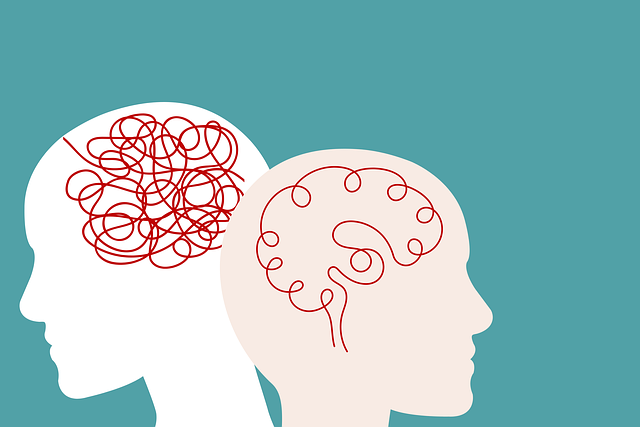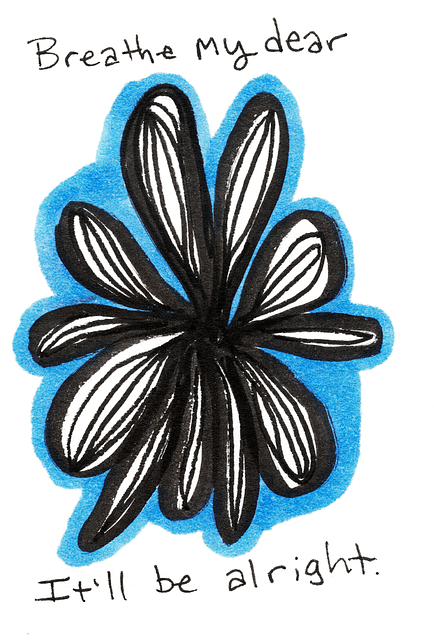Therapy is key in managing Functional Neurological Disorder (FND) in children, a complex condition with physical symptoms lacking medical cause. Advanced diagnostics and targeted interventions, like cognitive behavioral therapy and sensory integration techniques, help kids reprocess sensory information and regain control. Public awareness campaigns are vital tools for educating communities about FND, empowering individuals to recognize symptoms, offer support, and encourage early intervention through accessible resources and relatable narratives. Effective campaigns should resonate with diverse audiences using real-life examples and combine social media, community events, and partnerships with mental health advocates. Evaluating these campaigns involves assessing immediate impact (participation rates, website traffic) and long-term success (changes in public perceptions, healthcare professional awareness).
Public awareness campaigns play a pivotal role in educating communities about rare conditions like Functional Neurological Disorder (FND) in children. This article explores strategies to enhance understanding and support for FND, focusing on the power of public engagement. We delve into the science behind the disorder, highlighting the significance of early intervention and therapy. By examining successful campaign tactics and measuring their impact, we aim to equip advocates with tools to create meaningful change, ensuring better outcomes for children affected by FND.
- Understanding Functional Neurological Disorder in Children
- The Role of Public Awareness Campaigns
- Developing Effective Campaign Strategies
- Measuring Impact and Success of FND Awareness Initiatives
Understanding Functional Neurological Disorder in Children

Understanding Functional Neurological Disorder (FND) in children is a complex yet essential task for healthcare professionals and caregivers alike. FND, characterized by persistent physical symptoms with no medical explanation, can manifest as diverse conditions affecting movement, senses, or both. These disorders often present early in childhood, demanding prompt recognition and tailored interventions. Through advanced diagnostic tools, professionals can uncover the underlying causes, which range from sensory processing issues to hidden emotional distress.
Therapy for children with FND plays a pivotal role in their recovery journey. Incorporating Mind Over Matter principles and fostering positive thinking can strengthen their inner strength development. Targeted therapies, including cognitive behavioral therapy and sensory integration techniques, help children reprocess sensory information and manage symptoms. By addressing both the body’s physical responses and the mind’s emotional connection to these sensations, therapists enable kids to regain control and lead fulfilling lives.
The Role of Public Awareness Campaigns

Public awareness campaigns play a pivotal role in educating communities about various aspects of health and well-being, including mental illness and specific conditions like Functional Neurological Disorder (FND) in children. These initiatives are instrumental in fostering empathy building strategies and reducing stigma associated with mental illness. By providing accurate information, they empower individuals to recognize symptoms, offer support, and encourage early intervention.
Through compelling narratives and accessible resources, awareness campaigns facilitate social skills training for both affected individuals and their communities. They create a supportive environment where people can learn about the complexities of FND, dispel misconceptions, and promote understanding. Ultimately, these efforts contribute to improved therapy outcomes for children with FND by fostering wider acceptance and nurturing compassionate interactions within their social circles.
Developing Effective Campaign Strategies

Developing effective public awareness campaigns for conditions like Functional Neurological Disorder (FND) among children requires a strategic approach. The primary goal is to educate the public, dispel myths, and foster understanding while emphasizing the importance of early intervention and support. Campaigns should be tailored to resonate with diverse audiences, from parents and caregivers to educators and healthcare providers. Incorporating relatable stories and real-life examples can significantly enhance engagement and comprehension.
A successful strategy involves combining various channels like social media, community events, and partnerships with mental health advocates. Highlighting the positive impact of therapy, particularly in building resilience and promoting self-care practices, is essential. By addressing common concerns and misconceptions about FND, these campaigns can reduce stigma and encourage proactive measures to support children’s mental wellness.
Measuring Impact and Success of FND Awareness Initiatives

Evaluating the effectiveness of public awareness campaigns for Functional Neurological Disorder (FND) is a multifaceted process. It involves assessing both the immediate reach and long-term impact on affected individuals and their families. Metrics such as campaign participation rates, website traffic, and social media engagement provide insights into the initial resonance within the community. However, true success is measured by the subsequent actions taken, like increased awareness among healthcare professionals, leading to improved diagnosis and tailored therapy for children with FND.
Beyond immediate outcomes, tracking changes in public perceptions, attitudes, and behaviors related to FND over time is crucial. This includes gauging the adoption of conflict resolution techniques within families affected by the disorder and whether increased understanding fosters cultural sensitivity in mental healthcare practice. By employing these evaluation strategies, awareness initiatives can be refined to better support individuals navigating the complexities of FND and promote greater resilience-building opportunities.
Public awareness campaigns play a pivotal role in shedding light on Functional Neurological Disorders (FND) in children, fostering understanding, and promoting support. By combining educational initiatives with therapeutic approaches like those tailored for FND, we can significantly enhance the lives of affected kids. Through strategic planning, measurable outcomes, and continuous evaluation, these campaigns empower communities to recognize symptoms, offer assistance, and create a more inclusive environment for children navigating this complex condition.














